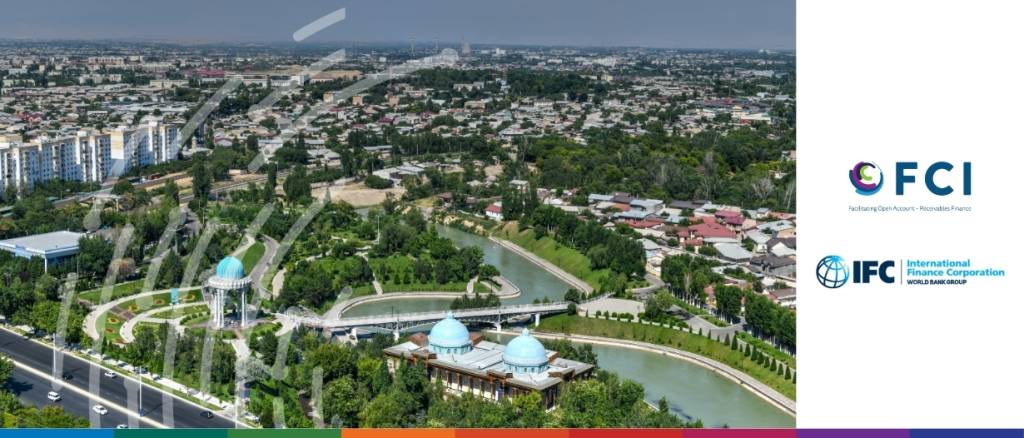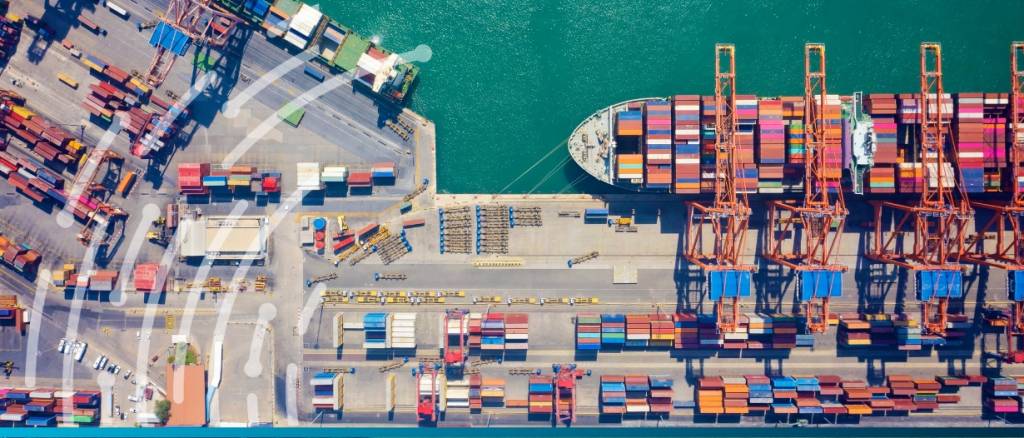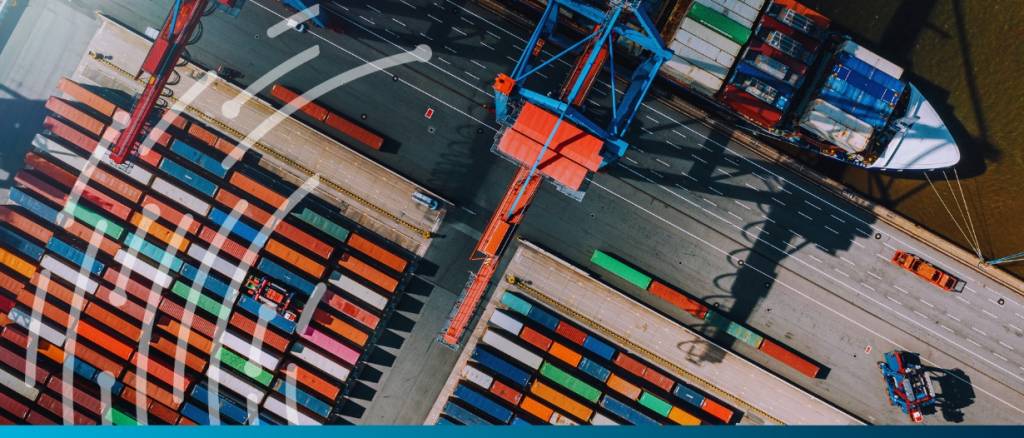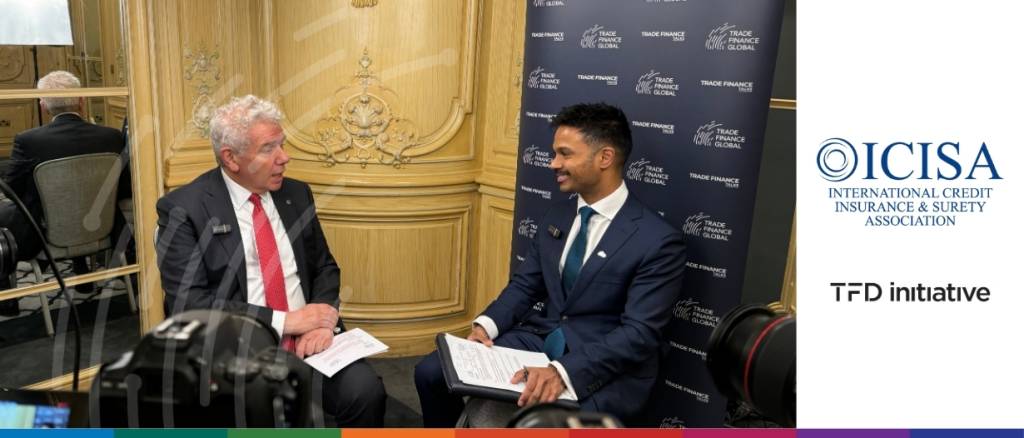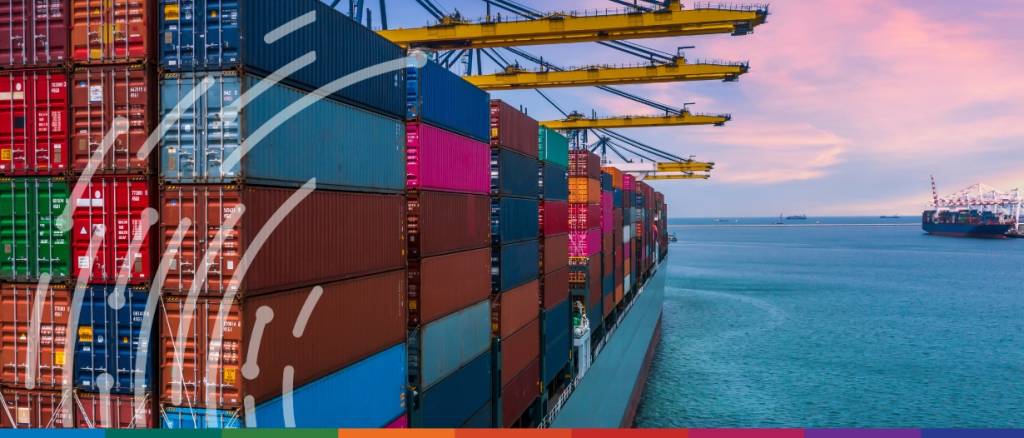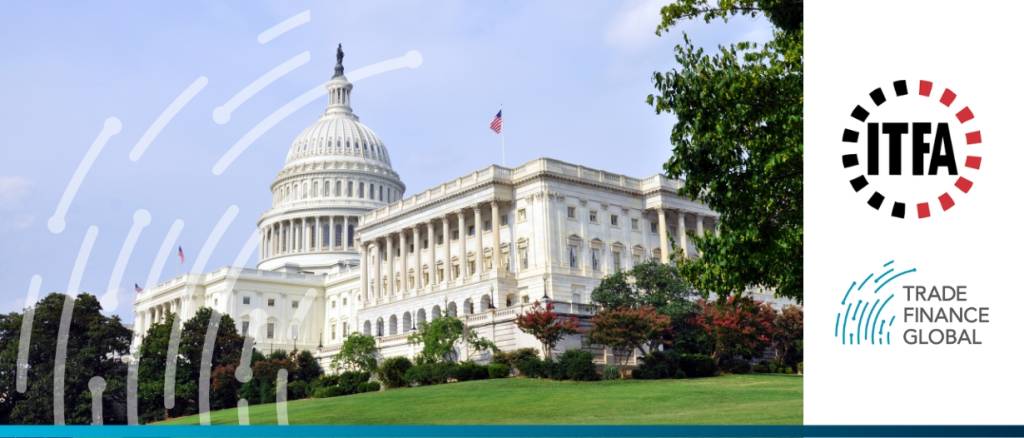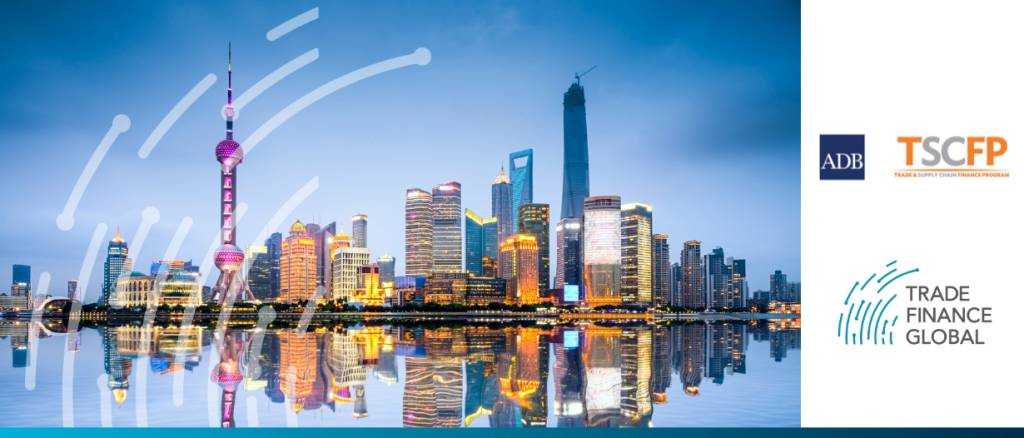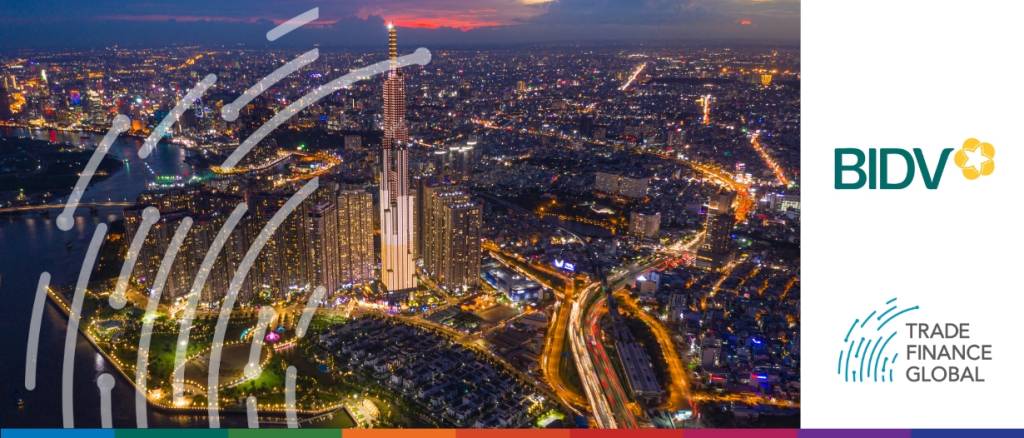Small and medium-sized enterprises (SMEs) are the backbone of any national economy, a characteristic that is pertinent in Uzbekistan. Not only do SMEs account for almost 50% of the national GDP, but they also employ almost 80% of the workforce—the biggest source of employment in a nation where unemployment is high, at around 7%.
Buckle up, and fasten your seatbelts! It’s been another turbulent year for trade, treasury and payments. Our data team poured through the analytics of hundreds of podcasts, videos and stories… read more →
This article will explore digitisation vs digitalisation, explaining the differences between these two concepts and providing examples of their applications and implications in especially trade finance industry. What is trade… read more →
The United Nations Commission on International Trade Law (UNCITRAL) is developing a comprehensive international convention to standardise negotiable cargo documents across multiple transportation modes, potentially transforming international trade documentation practices.… read more →
The study reveals a significant acceleration in the adoption of digital trade documentation, with 49% of surveyed businesses now using eBLs either exclusively or in combination with traditional paper bills.… read more →
At the 2024 Trade Finance Investor Day conference in London, Deepesh Patel, Editorial Director at Trade Finance Global (TFG), sat down with Richard Wulff, Executive Director of the International Credit… read more →
Nowadays, we take shipping and container shipping’s rich history and significance in global trade for granted. The most counterintuitive learning for me at Global Shipping Business Network (GSBN) was that… read more →
. At the inaugural Trade Finance Conference of Parties (TF COP) in Washington, DC, ITFA unveiled the Washington Declaration, a proposal calling on the United Nations (UN) to recognise the… read more →
Over a dozen export credit agencies and three multilateral financial institutions are attending the forum in Shanghai. This year’s theme, ‘Regional Cooperation in Asia and Global Economic Integration,’ comes as… read more →
Vietnam has established itself as a major trade player in Southeast Asia. In 2022, the country’s trade-to-GDP ratio reached an impressive 185%, according to the World Bank collection of development… read more →















